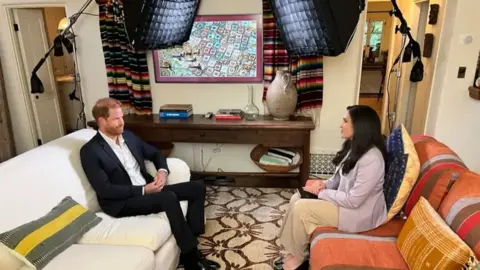 BBC
BBCDawn in a beautiful, expensively landscaped home in Santa Barbara, Californa, is a strange time and place to meet a British prince.
However, the Duke of Sussex infamously stepped away from the usual business of being royal. It’s a decision he says he was forced to make.
The home wasn’t his, but rather a convenient meeting point a few miles from where he lives with his wife Meghan and their two children – Archie, five, and Lilibet, three.
As we set up our cameras in the living room, we pulled up the latest court updates and news lines being filed by our teams in London.
Meanwhile, we were warned to keep the doors closed so that the screaming peacocks on the porch wouldn’t come inside.
The court’s judgment wasn’t the outcome Prince Harry had hoped for and I expected that when he arrived for our interview, he would be disappointed. It had been a years-long, deeply personal battle.
I have interviewed my fair share of famous people during my career – from celebrities and fashion designers to diplomats and politicians. Before the cameras even start rolling, you get a sense of how it might play out based on your interviewee’s demeanour, mood and banter.
I found Prince Harry to be down-to-earth, softly spoken and easy to talk to. He didn’t arrive with an entourage and politely introduced himself to us, shaking each of our hands. I was surprised that he knew I had flown in from New York to do the interview.
We began with some very brief small talk, which always helps to break the ice before a formal sit down, but we didn’t touch the topic at hand until the cameras started rolling.
Prince Harry was eager to share his feelings, despite the critical scrutiny that follows him. As the interviewer, I was also keenly aware of that scrutiny.
Sitting there, close up, there was a lot to unpack. I felt it was important to ask why taxpayers should pay for his security, why a change of status wasn’t warranted given he wasn’t a working royal, and why protection on a case-by-case basis made him feel at greater risk.
He wasn’t defensive or combative, and he wanted to address each of those points.
Equally, it was important to give him space to share his perspective. Because whatever anyone feels about the duke, he raises interesting questions for the public to ponder.
He asked why some people were comfortable with him not having top level security, but okay with other public officials being granted lifetime protection upon leaving office, regardless of the risk against them.
Prince Harry also raised questions about duty of care, given he can’t escape who he is, and national security. If something happened to him – the King’s son, or his family – what then?
With his foot tapping frequently as he spoke, he was surprisingly candid and forthcoming. His security, or lack thereof, was the sticking point preventing a reconciliation with his family, he said. Whether the Royal Family agrees with him is another matter.
The central coast of California, with its stunning landscapes, is not a shabby place to call home. The problem is that Prince Harry has another home – one that he says he misses but doesn’t feel safe in.
Solving that problem has not been possible in the courts.
Friday’s ruling leaves the prince, in the glamour and comfort of California, hoping for a change of heart in the palaces of London.

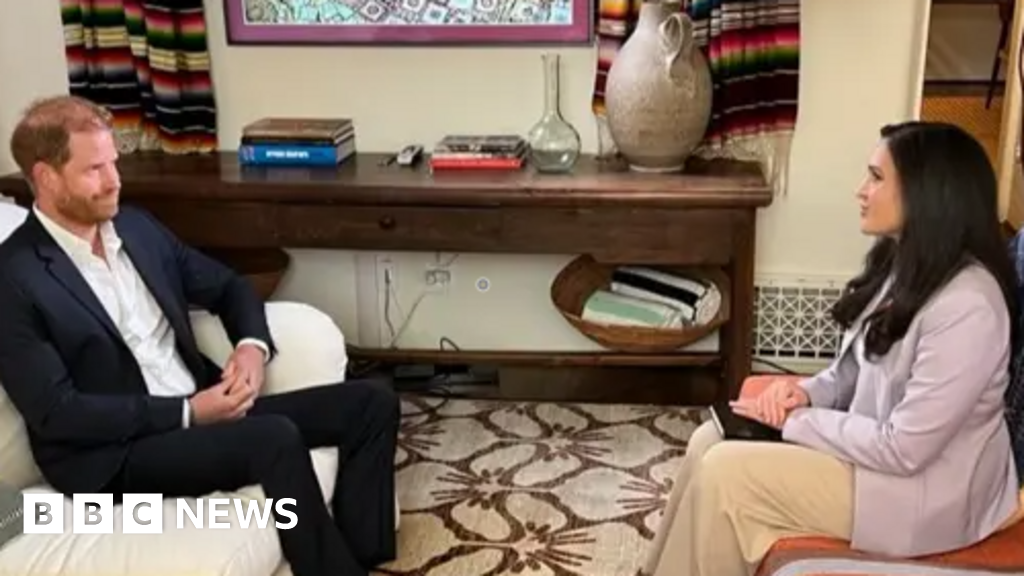

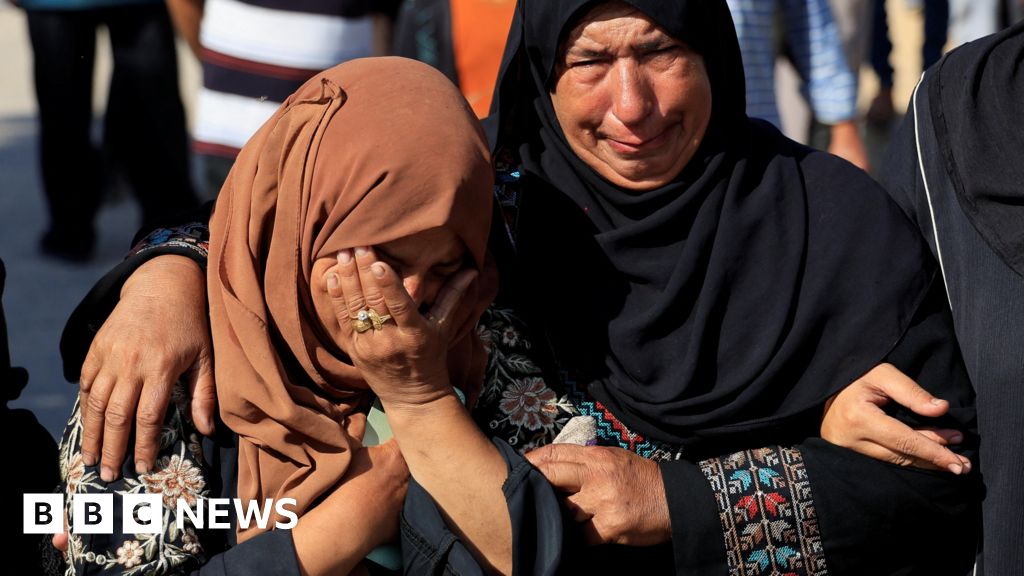

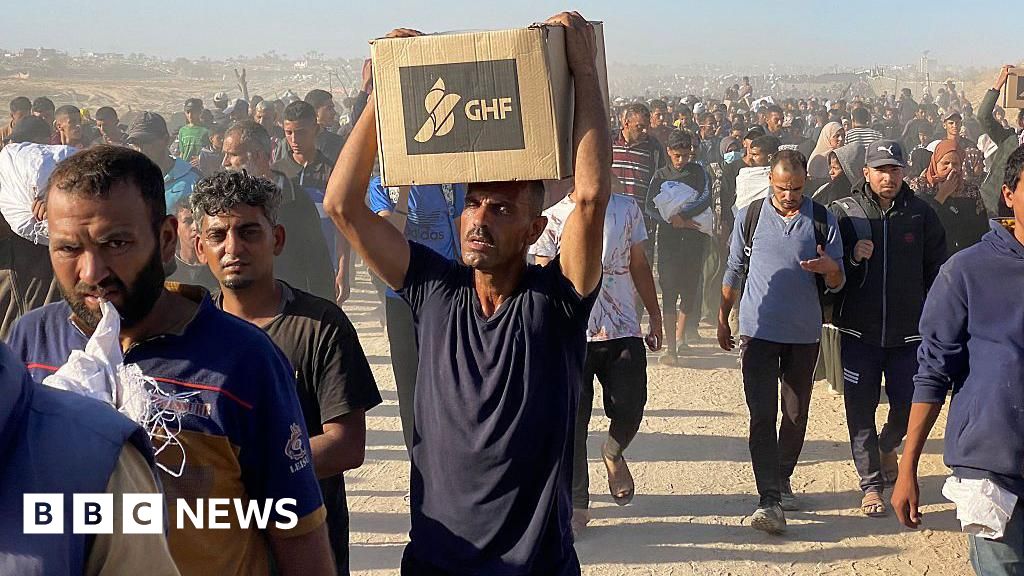
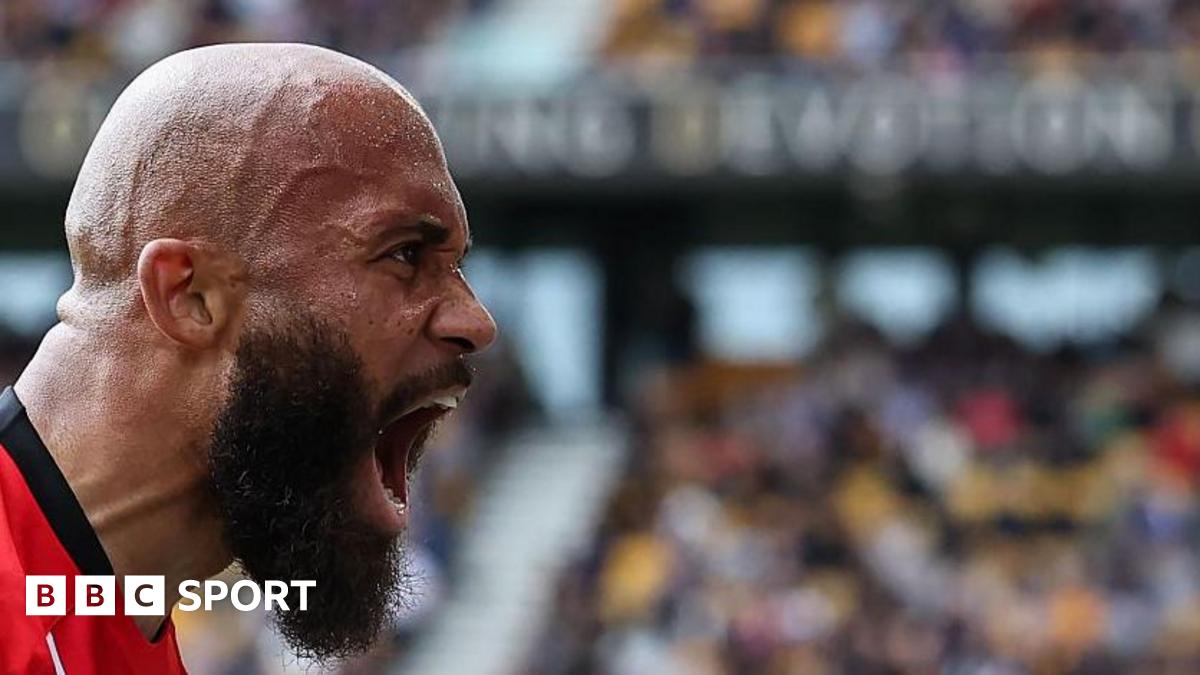

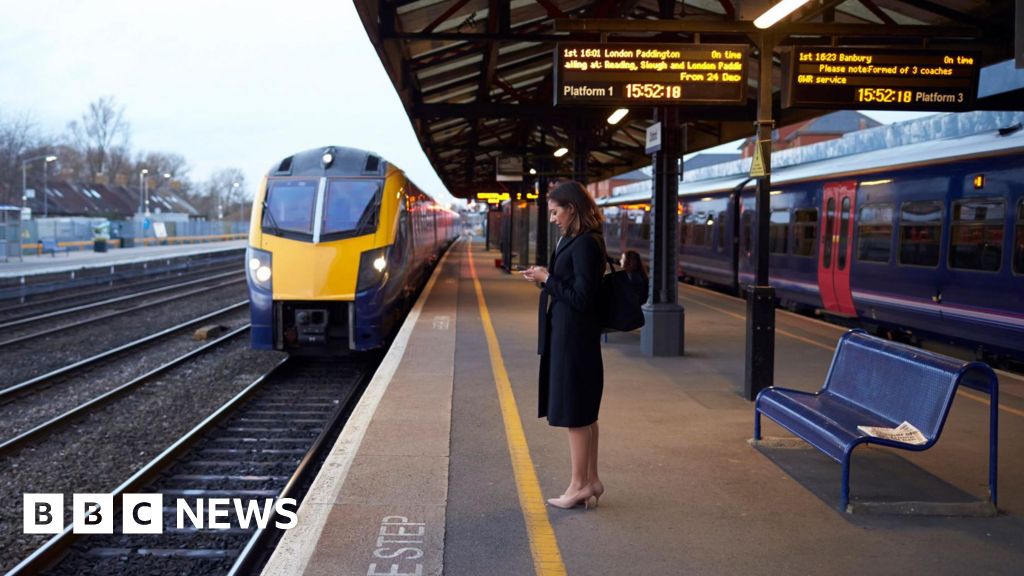
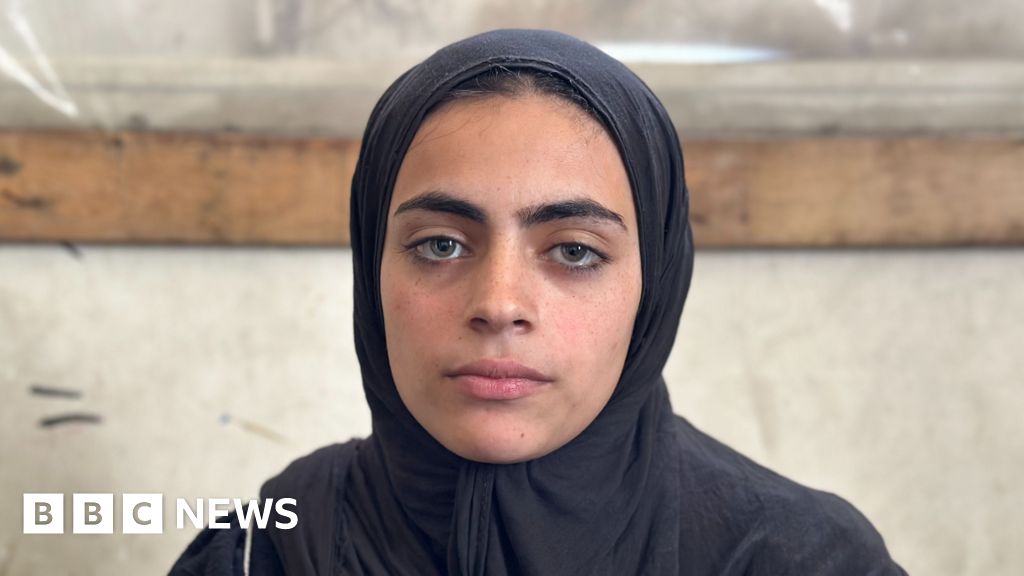
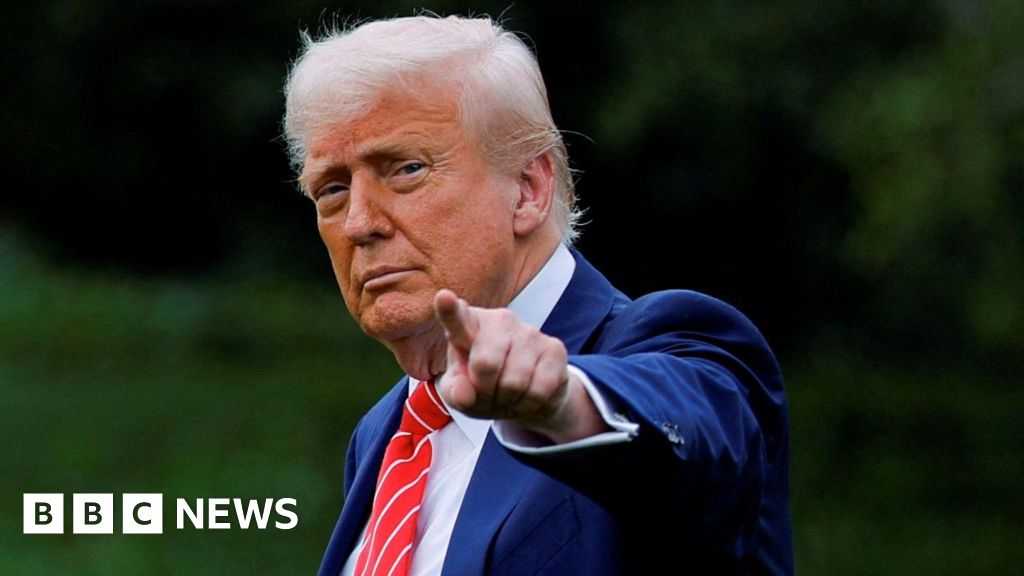
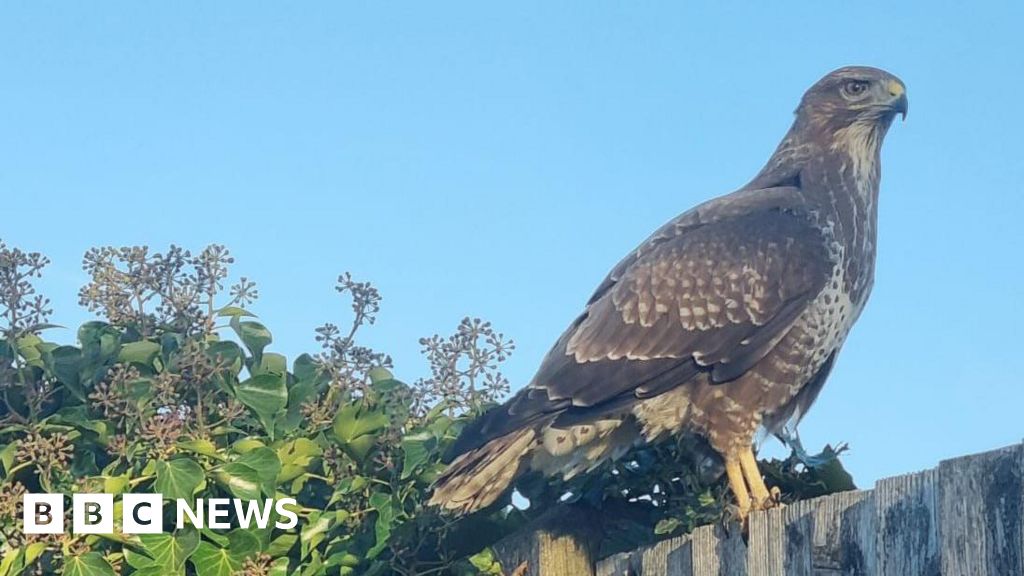
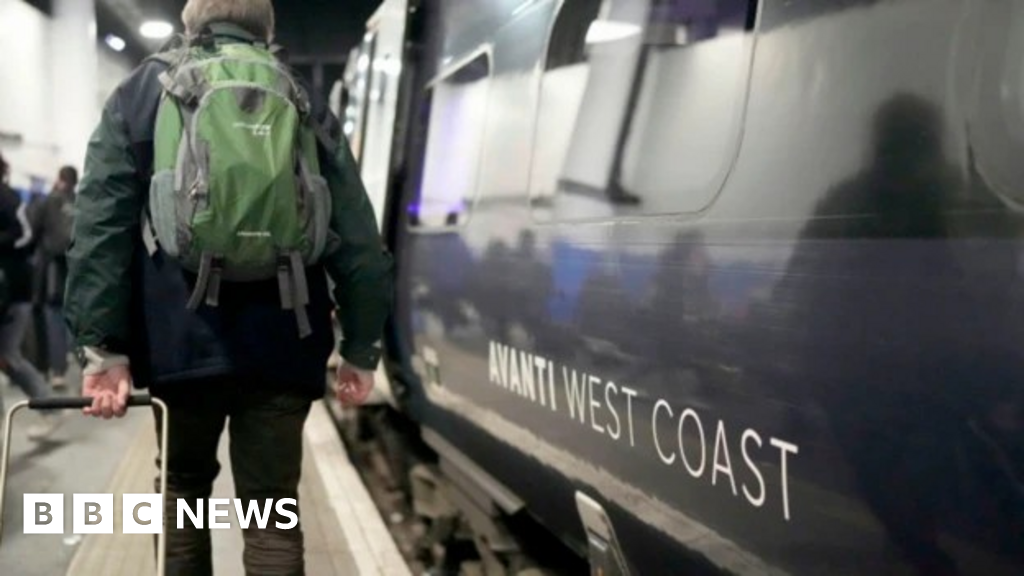

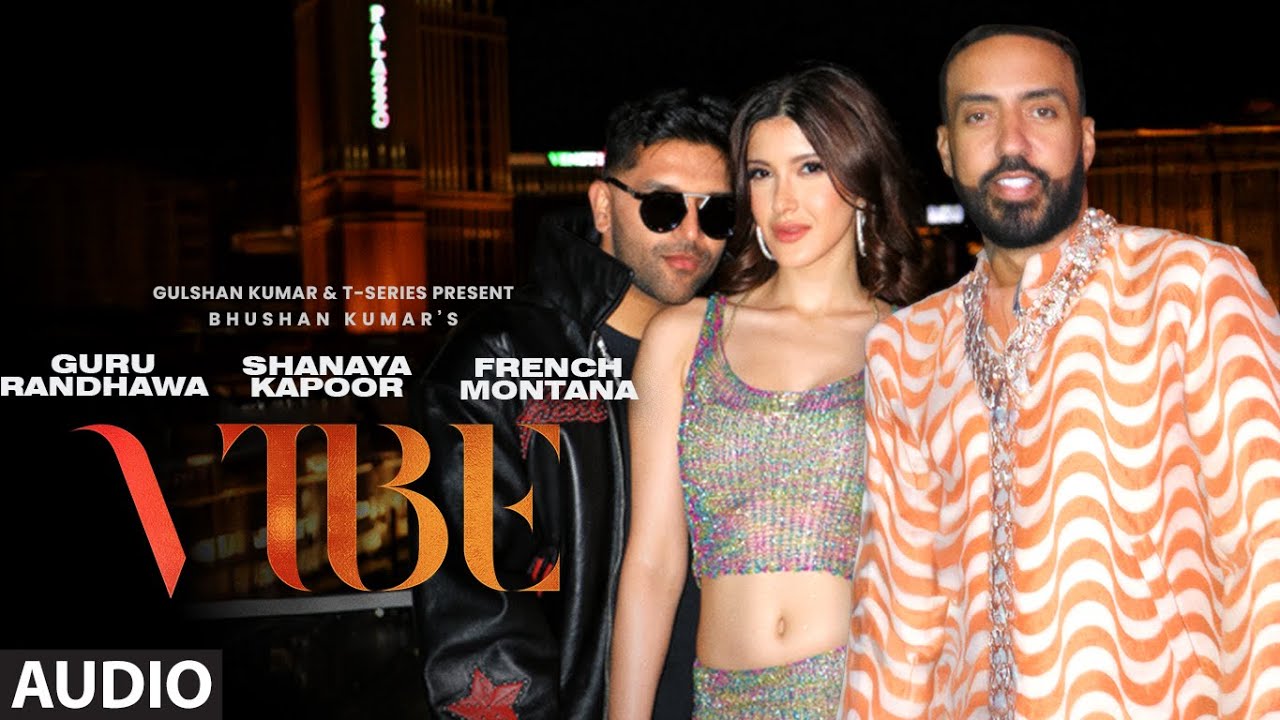
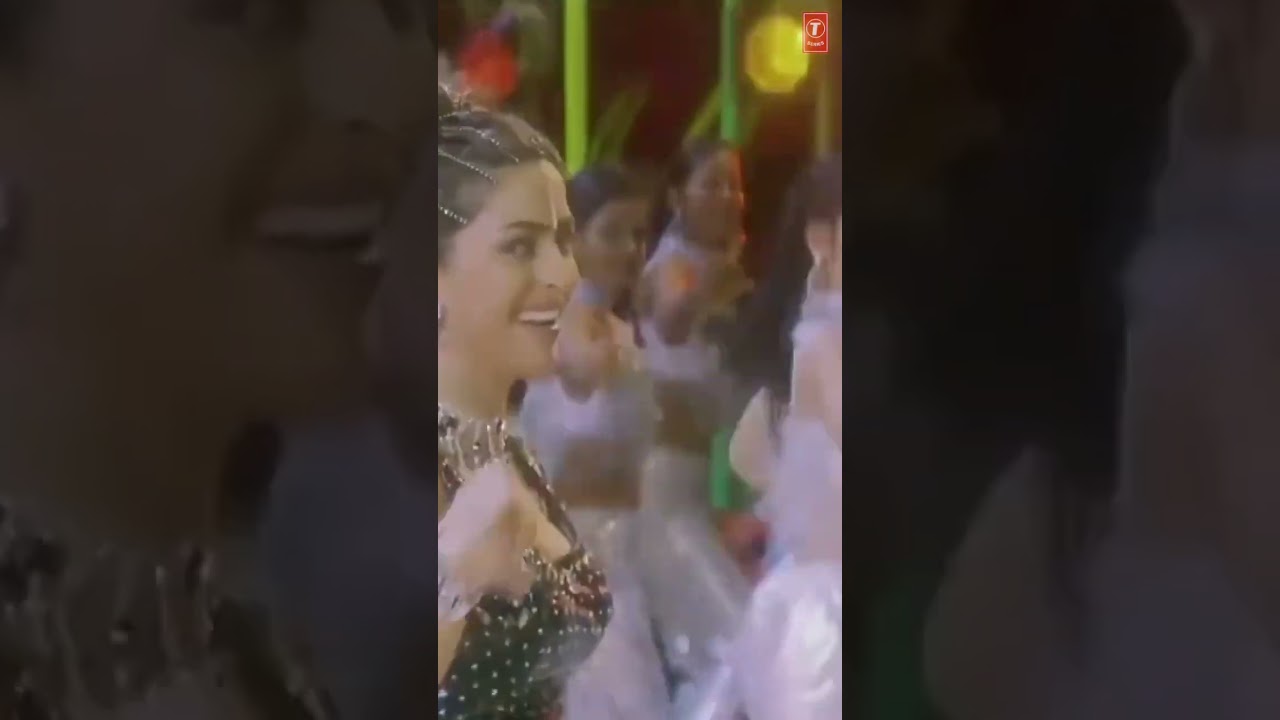
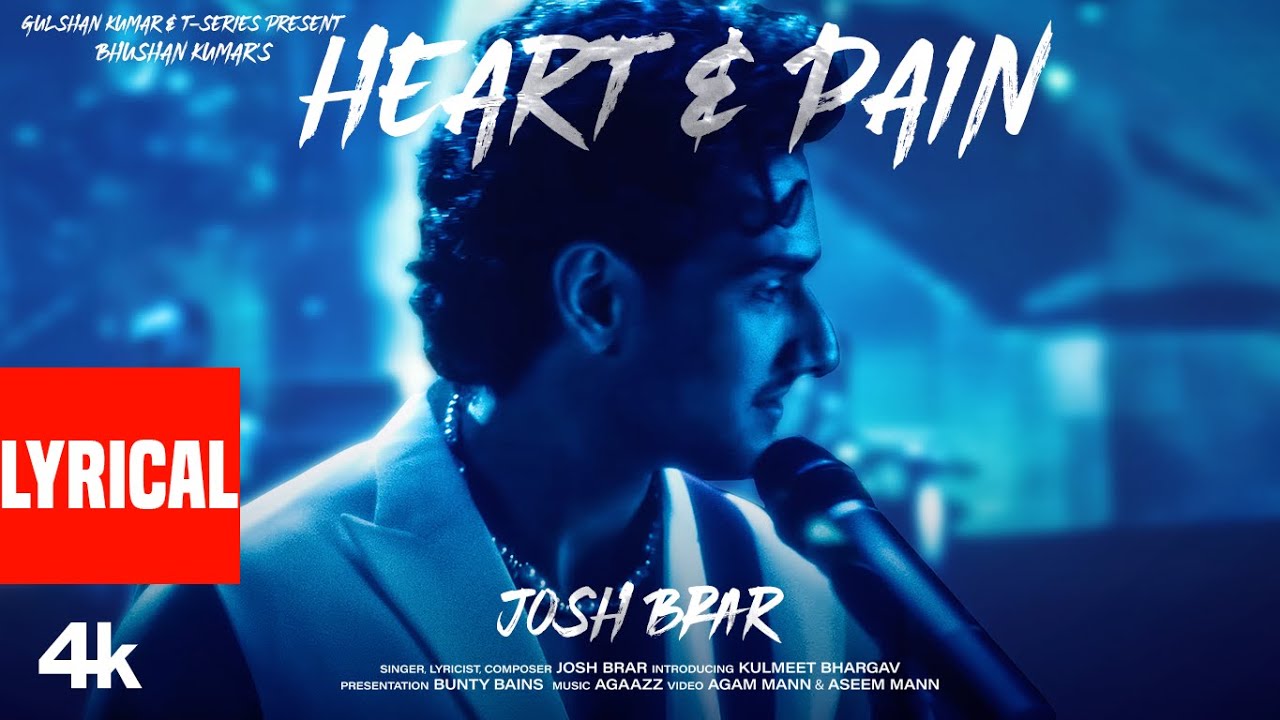
Leave a Reply